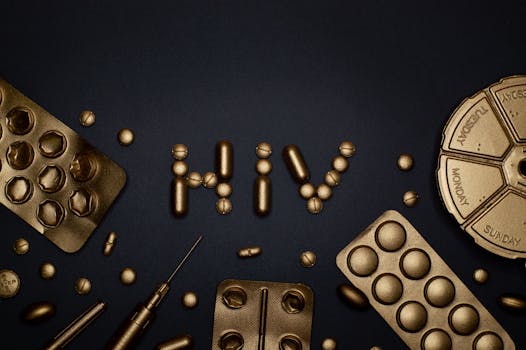
The Science Behind Vaccines and Public Health
The science behind vaccines and public health is a complex and fascinating field that has revolutionized our ability to prevent and control infectious diseases. Vaccines have been instrumental in saving millions of lives and preventing countless illnesses, and their impact on public health cannot be overstated.
What are Vaccines?

Vaccines are substances that are introduced into the body to stimulate the production of antibodies, which are proteins that recognize and fight specific infections. Vaccines can be made from a variety of materials, including weakened or killed pathogens, toxins, or other substances that stimulate an immune response.
How do Vaccines Work?

When a vaccine is introduced into the body, it is recognized by the immune system as a foreign substance, and an immune response is triggered. This response involves the production of antibodies, which are specific to the pathogen or toxin in the vaccine, as well as the activation of immune cells, such as T-cells and macrophages.
Types of Vaccines

There are several types of vaccines, including:
- Inactivated vaccines, which contain killed pathogens or toxins
- Live, attenuated vaccines, which contain weakened pathogens
- Subunit vaccines, which contain only a portion of the pathogen or toxin
- Conjugate vaccines, which combine a weakened pathogen with a carrier protein
- Recombinant vaccines, which use genetic engineering to produce a vaccine
The Benefits of Vaccination

The benefits of vaccination are numerous and well-documented. Vaccines have been shown to:
- Prevent illnesses and deaths from infectious diseases
- Reduce the spread of infectious diseases in communities
- Protect vulnerable populations, such as the elderly and young children
- Save healthcare costs by reducing the need for medical treatment and hospitalization
Vaccine Safety

Vaccines are subject to rigorous testing and monitoring to ensure their safety and efficacy. The vaccine development process involves multiple stages of testing, including preclinical trials, clinical trials, and post-marketing surveillance.
Common Misconceptions about Vaccines

Despite the overwhelming evidence supporting the safety and efficacy of vaccines, there are still many misconceptions and myths surrounding vaccination. Some common misconceptions include:
- The idea that vaccines cause autism or other neurological disorders
- The notion that vaccines are made from toxic ingredients or preservatives
- The claim that vaccines are not effective in preventing illness
Conclusion

In conclusion, the science behind vaccines and public health is a complex and fascinating field that has revolutionized our ability to prevent and control infectious diseases. Vaccines have been instrumental in saving millions of lives and preventing countless illnesses, and their impact on public health cannot be overstated. By understanding the science behind vaccines and addressing common misconceptions, we can work to promote vaccine awareness and protect public health.



